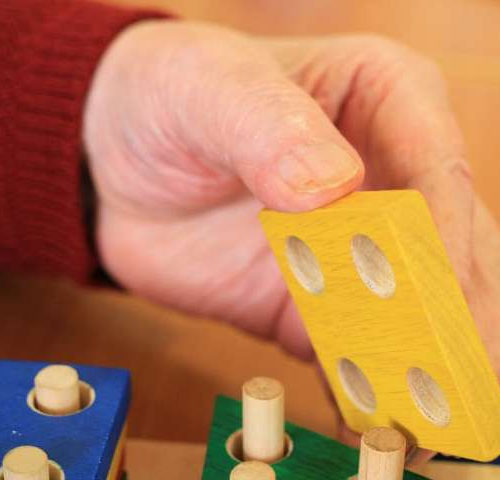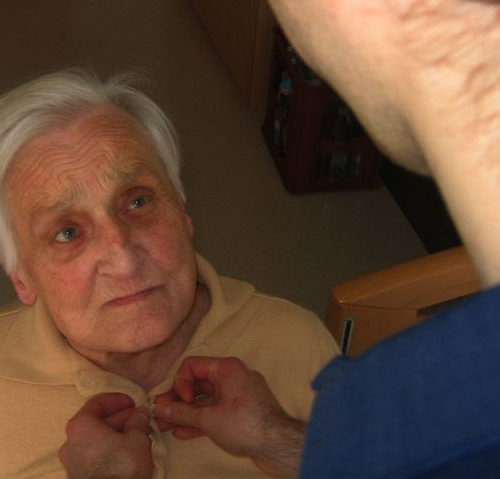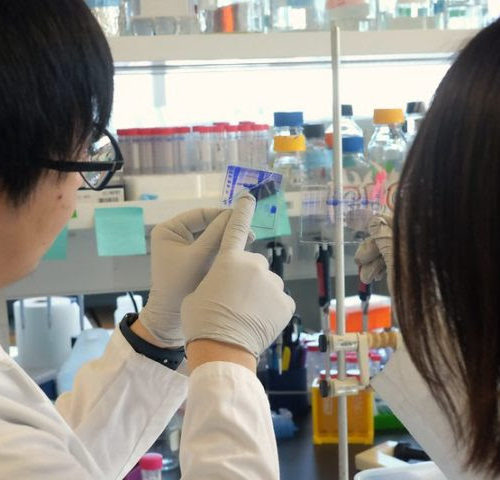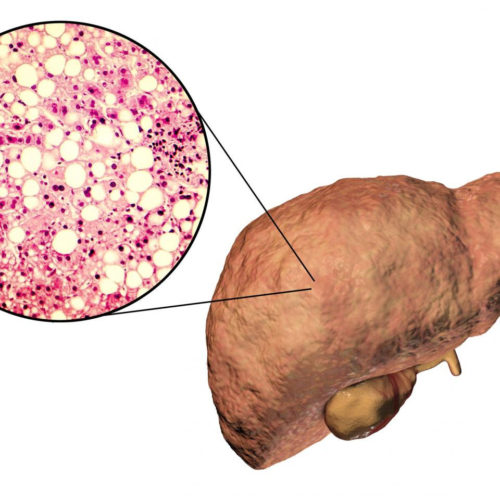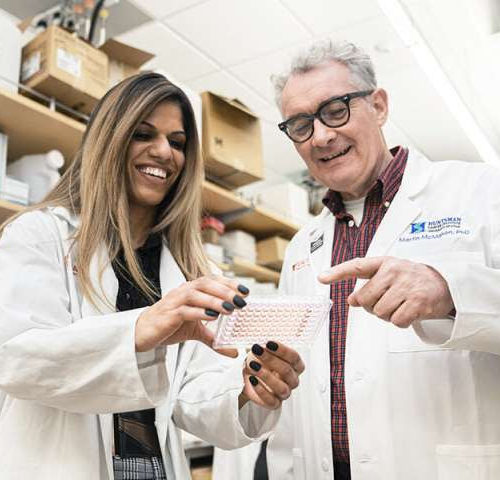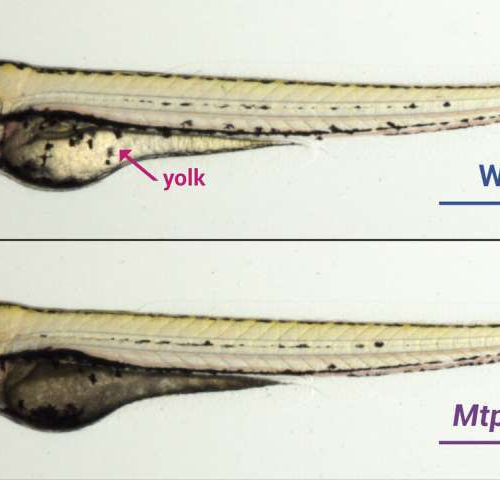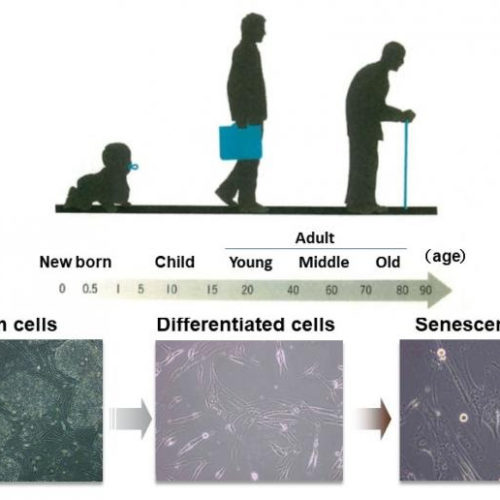by Natalie C. Tronson, The Conversation Of all frightening ways that the SARS-COV-2 virus affects the body, one of the more insidious is the effect of COVID-19 on the brain. It is now clear that many patients suffering from COVID-19 exhibit neurological symptoms, from loss of smell, to delirium, to an increased risk of stroke....
Tag: <span>prevention</span>
Aspirin may accelerate progression of advanced cancers in older adults
by Massachusetts General Hospital Results from a recent clinical trial indicate that for older adults with advanced cancer, initiating aspirin may increase their risk of disease progression and early death. The study, which was conducted by a binational team led by researchers at Massachusetts General Hospital (MGH), the Berman Center in Minnesota, and Monash University...
Diabetes medication could help reducing one of the worst effects of aging
Aging is just not fun. At the later stages of your life you are more likely to encounter some serious health problems, such as Alzheimer’s disease. Once you hear this diagnosis, you know you’re in for a bad ending, because it is incurable. However, now scientists at the University of Toronto and the Sunnybrook Research...
Unlocking how cellular proteins control cancer spread
A new insight into cell signals that control cancer growth and migration could help in the search for effective anti-cancer drugs. A McGill-led study reveals key biochemical processes that advance our understanding of colorectal cancer, the third most common cancer among Canadians. Using the CMCF beamline at the Canadian Light Source (CLS) at the University...
How to use ventilation and air filtration to prevent the spread of coronavirus indoors
by Shelly Miller, The Conversation The vast majority of SARS-CoV-2 transmission occurs indoors, most of it from the inhalation of airborne particles that contain the coronavirus. The best way to prevent the virus from spreading in a home or business would be to simply keep infected people away. But this is hard to do when...
Osteopontin, a protein not always as bad as it is made out to be
The UPV/EHU-University of the Basque Country shows that maintaining osteopontin delays the onset of metabolic fatty liver disease during ageing UNIVERSITY OF THE BASQUE COUNTRY THE STUDY INDICATES THAT OSTEOPONTIN IS NECESSARY TO PREVENT THE EARLY ONSET OF NON-ALCOHOLIC FATTY LIVER DISEASE LINKED TO AGEING view more Metabolic fatty liver disease, known as non-alcoholic fatty...
Scientists accelerate progress in preventing drug resistance in lung and pancreas cancers
by Huntsman Cancer Institute Scientists at Huntsman Cancer Institute at the University of Utah report today the development of new models to study molecular characteristics of tumors of the lung and pancreas that are driven by mutations in a gene named NTRK1. The findings were published today in the journal Cell Reports. Credit: Huntsman Cancer...
Large study confirms vitamin D does not reduce risk of depression in adults
MASSACHUSETTS GENERAL HOSPITAL Boston – Vitamin D supplementation does not protect against depression in middle-age or older adulthood according results from one of the largest ever studies of its kind. This is a longstanding question that has likely encouraged some people to take the vitamin. In this study, however, “There was no significant benefit from...
Newly discovered mutation could point to heart disease therapeutic target
by Carnegie Institution for Science lipid from the yolk of a zebrafish through the circulation to the growing tissues of the embryo. Later in development, they will also carry lipids from the intestine and liver. While normal, wild-type, zebrafish have clear yolks (top image), zebrafish with mutations in Mtp have abnormally opaque yolks because they...
NSD2 enzyme appears to prevent cellular senescence
Toward an era where aging can be controlled KUMAMOTO UNIVERSITY THE HUMAN BODY AND THE CELLS THAT MAKE IT UP HAVE A “PROGRAM ” FOR AGING. IT IS THOUGHT THAT THERE IS AN ACCUMULATION OF SENESCENT CELLS IN TISSUES AND ORGANS… view more CREDIT: PROFESSOR MITSUYOSHI NAKAO Researchers from Kumamoto University in Japan have used...

